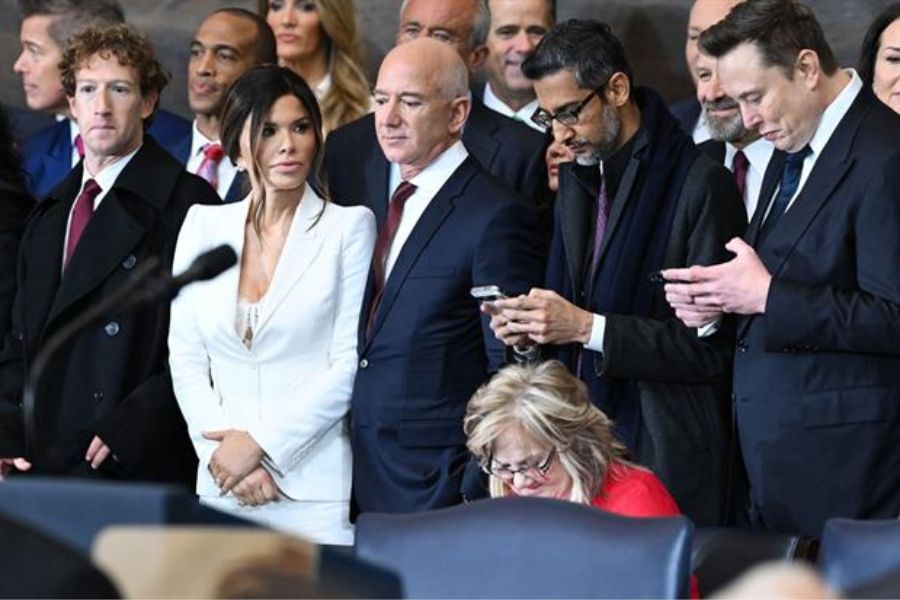I answered this question two weeks ago but in a shamefully perfunctory manner. I return to it now.
In 1958, J Walter Thompson London won the Oxo account. It was evident from research that Oxo was suffering from its wartime role as a meat substitute. As meat became more available and more affordable, Oxo’s position became less attractive. It was seen as a downmarket alternative to the real thing. Only bad cooks used Oxo. Good cooks didn’t need to.
JWT’s response was the invention of Katie and Philip, a young, originally childless, middle-class couple who entertained and went out and drove a car (or at least Philip did, Katie didn’t learn to drive until much later).
The commercials featured events in their lives, mid-market recipes and close-up shots of steaming meat dishes. Forty-eight-sheet posters showed Katie on the run with a steaming meat dish, pursued by an eager Philip. All media carried the endline, "Oxo gives a meal man-appeal!"
Six months into the campaign, Oxo sales remained flat. Twelve months into the campaign, Oxo sales remained flat. A great deal of money had by now been invested in Katie and Philip, and the client was showing signs of tetchiness.
BMRB had recently launched its Advertising Planning Index, which tracked consumer attitudes to brands and while it was true that attitudes to Oxo were showing modest improvements, the client reminded us that he wasn’t making attitudes, he was making beef stock cubes – and he wasn’t selling enough of them.
After 18 months of stagnant sales, the JWT director-in-charge decided enough was enough. Without telling his existing account group, proud parents of Katie and Philip, he commissioned me, a copywriter who’d never been near the Oxo account, to conduct a no-holds-barred enquiry into the campaign, and I did.
I wrote an incisive, four-page report. I said the campaign utterly failed to understand the true nature of the Oxo brand. Only a Mayfair-based advertising agency could imagine that a prissy, southern, posh-speaking, middle-class and childless couple were the appropriate faces for an unapologetically working-class brand, with its iconic roots in industrial Britain.
Oxo users didn’t make casseroles, they made stews. And as I wrote it, I was amazed to discover how much I was agreeing with myself. It became increasingly obvious that the Katie and Philip campaign, from the very beginning, had been strategically misguided and should never have been expected to revive Oxo’s fortunes.
Admit error, change group and start again was my unequivocal recommendation to the account director as I handed over my seamlessly argued demolition.
A day later, the latest Nielsen quarterly consumer report landed on the account director’s desk. It showed a 14% increase in Oxo sales nationally, with a slightly stronger performance in the south. The Katie campaign ran for the next 18 years, putting up sales and winning accolades along the way. There are no extant copies of my report.
Now to your question. You ask whether a client gets more from an agency when the relationship is new and fresh or when they’ve enjoyed a long and collaborative relationship. The answer is, both need both and all the time. And that needs organising.
An advertising campaign, however successful, is no more than a working hypothesis – and one that needs continuous testing. If agencies cling stubbornly to one way of thinking, if they never challenge their own work, sooner or later their client will want to call a review – and quite right too.
It’s perfectly possible to enjoy a long-term relationship but with built-in drama, one that is interrupted at planned intervals by doubt and soul-searching and the re-examination of what may have become blinkering certainties. If the work is found innocent, then fine. And if cracks are discovered in the foundations, then repair work can be commissioned before a generally fruitful partnership finds itself unnecessarily dissolved.
As a result of the Oxo episode, we ran an alternative campaign, in an area, every year, whose aim was quite simply to outsell Katie. None did.
Jeremy Bullmore welcomes questions via campaign@haymarket.com or Campaign, Bridge House, 69 London Road, Twickenham, TW1 3SP
(This article first appeared on CampaignLive.co.uk)




